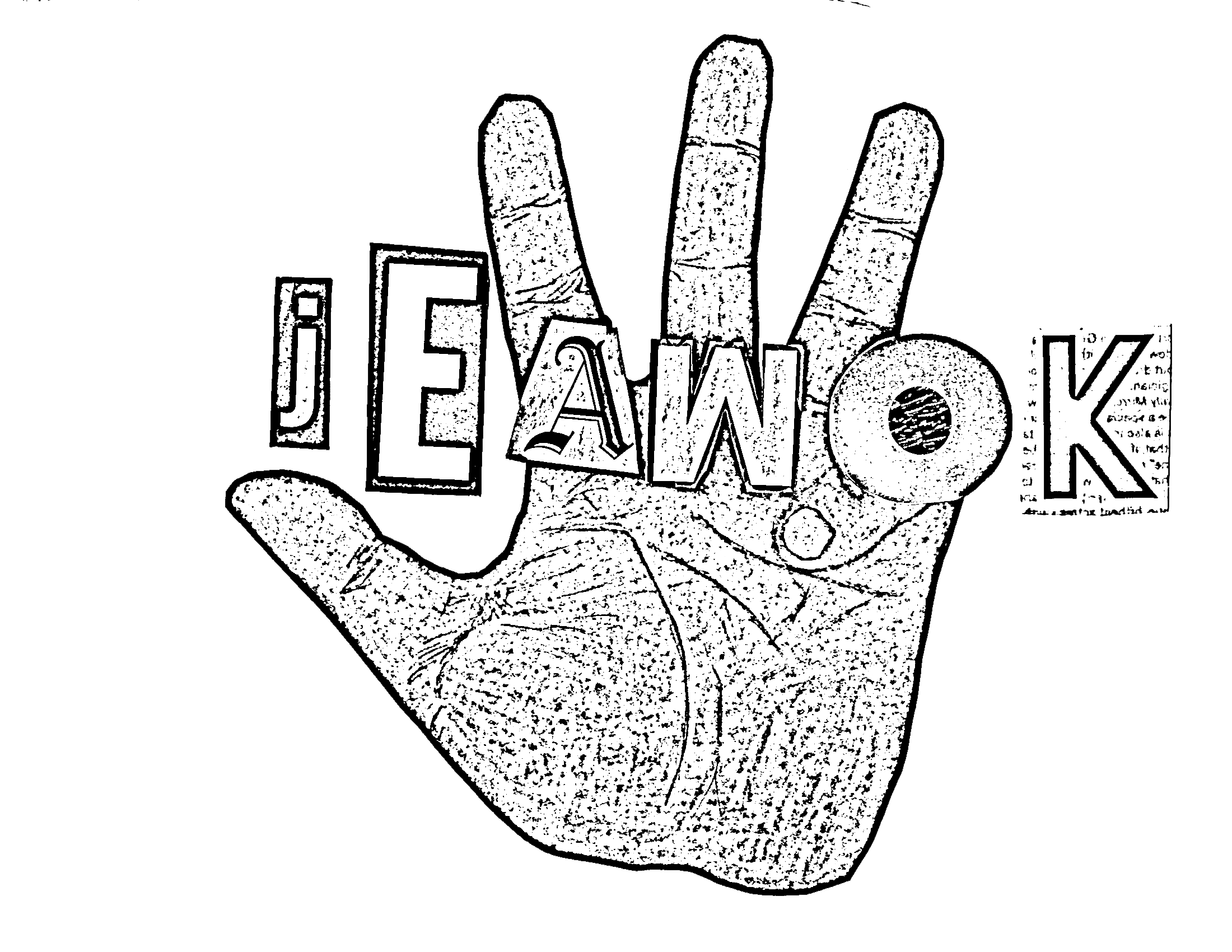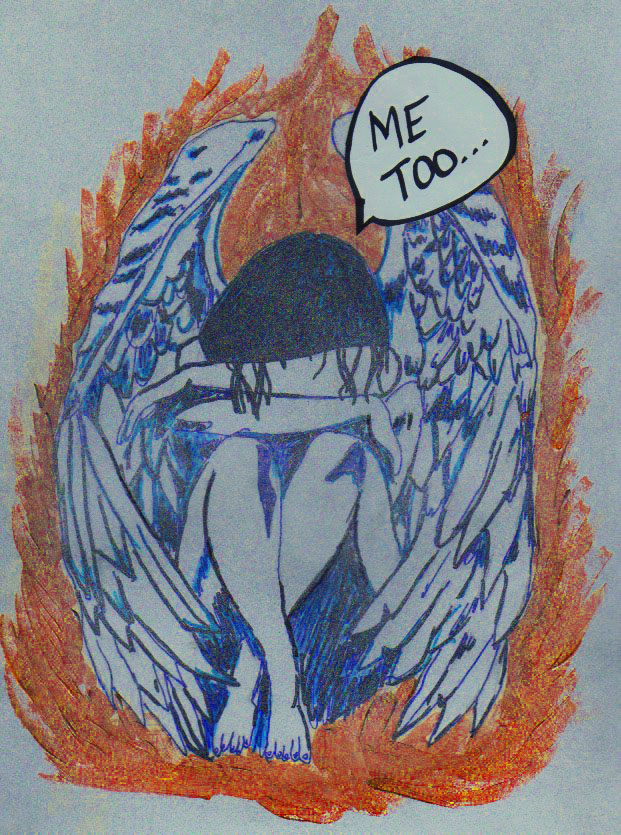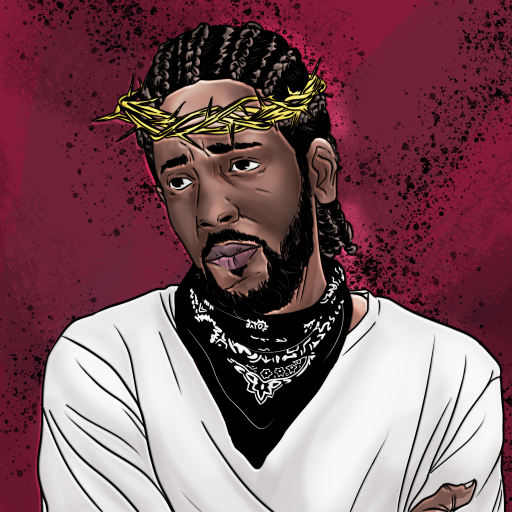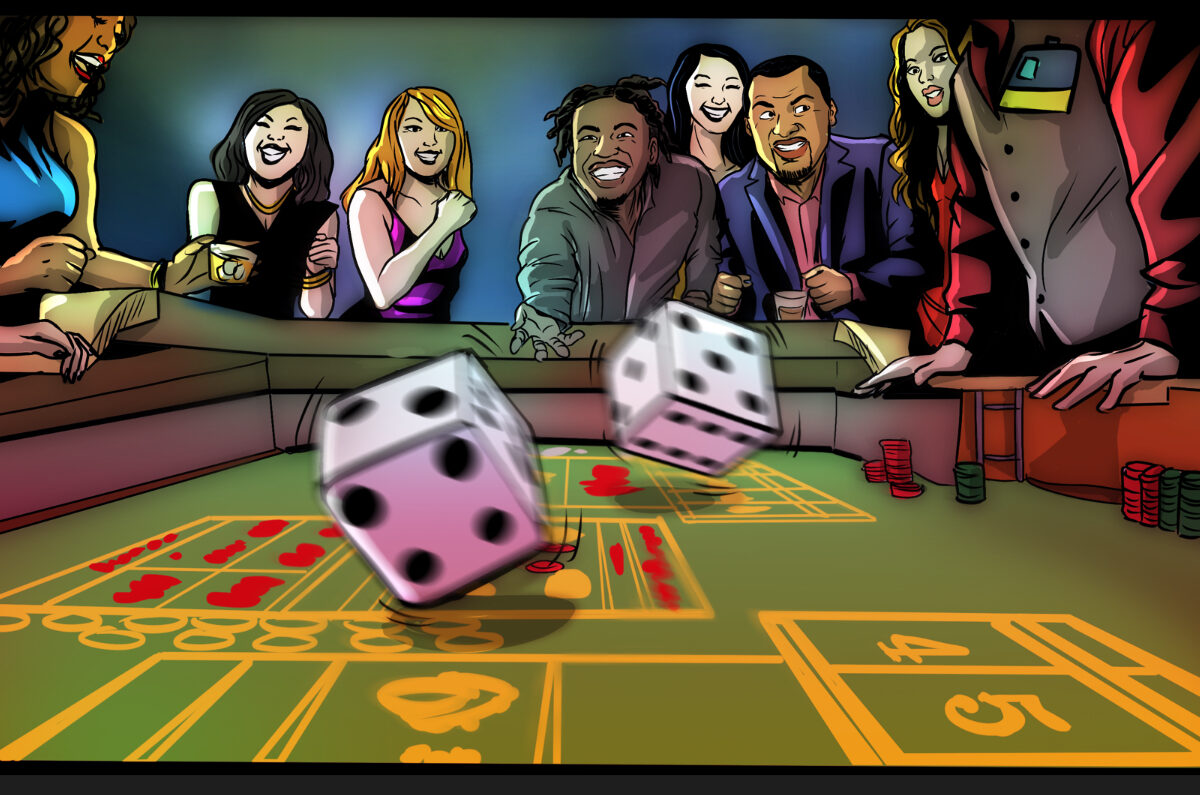For almost seven years I have lived with an agonizing secret, a shame. I prayed no one would ever find out. I buried the memories so deep that I had almost forgotten the impact this secret made on my life: how much damage it caused to my self-esteem and mental health? In the fall of 2017, the me too Movement picked up momentum and my life completely changed. So many prominent and famous women were coming forward with their stories and experiences. My darkest secret was bubbling to the surface and I couldn’t hold it in any longer; I had felt like I suffered long enough. I called up my mother, who is three-thousand miles away, and I told her what had happened to me.
Summer of 2012
The summer before I entered high school I was very excited to enter a next chapter of my life. Since we only had one high school in my town, all of my friends and I were going to the same school! The change was not as drastic as most. However, with my new found freedom I was not aware of the reality of the world around me. One night, I was invited to a sleep over. I knew that my friend’s dad would be at work and we would be drinking with three other people. The three people who joined us were two other girls and one boy, all except for one were incoming freshman. It was only my second time drinking and being fourteen my alcohol tolerance was nonexistent. I don’t remember every single detail of the night but it was clear to me in the shame that I felt something was off. Even though my friend assured me everything was fine I knew deep down something was wrong about that night. A video surfaced. It was taken by one of the girls, I knew exactly what happened to me but I wasn’t sure what to call it. I was sexually assaulted at my friend’s house that night.
I’m going to transparent about this: I wasn’t raped. However, I was intoxicated and the night itself is still a blur. I remember the car ride to the house, I was nervous from hiding it from one of the girls’ mom that we were going to be drinking. I remember when the boy arrived, he had his brother buy us the alcohol. I remember music playing and us drinking Smirnoff Ices. The green apple flavored ones. I remember getting drunk and going to the bathroom with two of the girls. I don’t remember exiting the bathroom, but the next flash of memory is kissing this boy and his hands in my pants. In that moment, I had panic thought like something was wrong and I wanted it stop but I felt out of control. I don’t remember how it began or how it ended. I don’t even know if I stopped it or not. I just remember waking up the next morning with my pajama pants ripped, feeling sore, and most of all feeling shame.
I always internalized that there was something wrong with me, that I had did something wrong that night. I did not tell my family what had happened in fear that they would blame me as well. I confided in my friend, who hosted the little party, her response was, “It had happened to us so it’s not a big deal.” It was like a club that I wished I wasn’t apart of and in my friend’s mind she had convinced herself that it was normal.
The Aftermath
I don’t know if anyone involved remembers this or if they realize that it was sexual assault. Sometimes, I even doubt myself if this is even considered assault. I just can’t remember how I got myself in and out of that situation. I now know myself and know my truth that what happened to me was not right.
After this happened, I felt different. I began to feel depressed. For the first two years of high school I was not aware that me crying myself to sleep at night, sometimes not sleeping at all, falling asleep in class, trying to distance myself from friends and social gatherings were signs of depression. I was so good at hiding it because I didn’t want anyone to know my secret.I was so afraid that everyone knew it, I thought they all saw the video. I was so scared to talk to people in class, I didn’t want to go out with friends. It turns out that a lot of people did not know about the night and didn’t know that the video even existed.The internalization was so deep that it changed my whole perception on everything. After a while, I began to lose sight of what was making me feel this way. I was suppressing the memory so much that I didn’t even know why I was depressed anymore; I was so wrapped up in shame and guilt.
Freshman year, I was called down to the school’s counselor, I was told that everyone gets called down when they are freshman. So, I went to talk to her and she was asking me how I was dealing with my transition in to high school and if anything was going on at home. She asked me about things that made me sad and what not. I was so scared that this woman can see right through my mask, that she knew what had happened to me. So I lied and put it all on the grief of my beloved aunt dying when I was nine. This was also probably a source of my depression as well. She sent me back to class and I continued on. Later, in my senior year, the same counselor came to my peer group leadership class. She told us when she hears something about a certain student from either the peer leaders, other students or teachers she calls them down to talk to them. She said she makes it inconspicuous and confidential. I sat there and wanted to vomit because I finally knew why I was called down there. I later asked my friends if that had happened to them and they said no. Then, I laughed it off that I was called down there for an “unknown” reason.
In my junior year of high school, I became very self-aware of my thoughts and my overall being inside my mind. My mind would tell me things like I was a terrible person and no one could ever love me. I would cry myself to sleep even more. In October of 2014, my grandfather was in the hospital. I was stressing over that and it was creeping up on the seven-year anniversary of my Aunt Cre dying. I was praying for November to be better. I asked a friend who had dealt with depression and asked them if they’d like to talk. He was starting his freshman year of college and we went to a Starbucks. After confiding in him that I felt this way for a long time, his suggestion was to “get laid,” and to call him if I ever needed help with that. I was absolutely disgusted with that piece of “advice” that I never talked to him again. I later confided in another friend about my depression and she suggested that it might be Seasonal Affective Disorder also known as seasonal depression. So I thought the spring and summer seasons I would get better.
In some way I did but as my senior year approached, I began to have anxiety attacks. I would burst out hysterically crying in the middle of cross country practice. I would cry before, during and after races. At the time, I didn’t even know why I was crying. As I reflect though, I realize in that point in time I was probably at my lowest. I would sit in class and feel like I was drowning. The water would rise and I could feel it in my throat bubbling and gurgling up and I’d just sit there and try to swallow it. I would sit in class and this would happen; I’d get hot and I’d try so hard to hold back my tears. Ironically, I would use water as a way to calm or preoccupy myself. I would eatLifeSaver mints to calm my breathing.
I had such bad self-esteem. I hated my own thoughts, I hated my own mind. I wanted to leave my life. I didn’t really think suicide was the answer. I couldn’t do it to myself but I thought if I don’t wake up in the morning would it be so bad?
I hid this part of my life from my family and my friends. If they’re reading this now it is probably blindsiding. I think I deserve an Academy Award or something for best performance because I faked my way through a lot.
I am sorry I didn’t say anything; I didn’t know how. I’m not apologizing to them; I am apologizing to myself. After sometime I did end up going to therapy which helped me tremendously but I still didn’t open up about what happened to me that summer.
Fall of 2017, A new beginning
According to Child Protective Services, between the years 2009-2013, 63,000 children a year became victims of sexual abuse (RAINN.org). The majority of these under age victims (66 percent) are between the ages 12-17 (RAINN.org). When I was assaulted I knew something was wrong about what happened to me but I didn’t know what it was. I knew after the fact that I was not in the right state of mind to consent to something. However, I was not educated on sexual assault, how it can happen and what can prevent it. This is where the me too Movement comes in.
The ‘me too’ movement began in 2006 with Tarana Burke. She wanted to help young black women and girls of low income backgrounds who experienced sexual assault (metoomvmt.org). With the outing of Hollywood’s dirty secrets like Harvey Weinstein’s sexual misconduct, instantly, Twitter was all over it which brought the spotlight back to Tarana Burke and her movement. Immediately, women all across the globe shared their stories via the hashtag #MeToo. This movement sparked a global outcry for survivors of sexual assault.
I was watching the hashtag in real time, so many women across the globe, famous or not they were sharing their stories. Some of them were similar to mine how they internalized it and how it changed them. The me too movement gave me a definition, it gave me some validation. I wanted to join them, I too wanted to share my story in real time with them. I didn’t want to blindside my family; I didn’t want to seem like I was craving attention. That ‘craving attention’ stigma is a way to shame victims even more and discredit their stories.
I am not going to lie, writing this and telling my story for the first time in a public setting like this is scary. It makes me sick to my stomach. Like many women, I am afraid of the backlash, of the discrediting, of the abandonment of friends and family, of the fear that somehow it will be my fault again. In our society when a victim comes forward they are sometimes met with backlash and immediately discredited and blamed. If a female survivor of sexual assault comes forward they are met questions on what they were wearing, if they were drunk, and if they led the man on. I was drunk, I was too young, I was too immature to think about my actions, I know that. I told myself that every day for almost five years. I am taking back my power, I am telling my story because I believe that there are more women out there who are afraid and want to feel less alone.
Discrediting sexual assault survivors is immediately linked to victim-blaming, and secondary victimization is the byproduct of victim-blaming. It can also be the byproduct of coming forward if the criminal justice system mishandles the report. In an article published by Uli Orth (2002), secondary victimization is defined “as negative social or societal reaction in consequence of the primary victimization and is experienced as further violation of legitimate right or entitlements by the victim.” While primary victimization is the assault or rape itself, secondary victimization comes after. Either when the survivor is confiding in someone they trust, when they are reporting it to authorities or during the legal process. I think this can also extend to social media when women share their stories via hashtags; they are susceptible to secondary victimization.
It took me five years to finally begin solve my run in with the social problem of sexual assault. I told my mom when I couldn’t hold it in anymore. I vowed to myself at 14 years-old that I would never say my experience aloud. I didn’t think anyone would care, I didn’t think anyone would listen. After I told my mother, I resumed therapy. I only went back to therapy for two sessions because I felt like this was something that I needed to deal with on my own. Also, I don’t think I was entirely ready to deal with it. Writing this essay is actually the first time—in now six years— I am going public about my experience and it is quite therapeutic. Writing is my outlet for expressing how I feel, it is mostly how I coped with this secret for so long. In my diary I have all my thoughts and feelings written down in scribbles that only I can make out. In another notebook, I have many poems written most of them are written in prose or five sentenced stanzas. After writing my experience down in many different words and ways, it makes saying it out loud easier to deal with.
Though I have a very supportive family and access to talk therapy, I wish I had known about the resources on the websites of RAINN, Time’s Up Now and me too Movement. RAINN provides online information on warning signs of sexual violence, safety tips for students and parents and even provides a section on their website listing what survivors can do following assault. They have links tailored for minors about coping with sexual abuse. Another important link RAINN has is about reporting sexual assault and an explanation on the criminal justice system. This is extremely important because the criminal justice system lacks in resources and help for survivors and this may discourage survivors from coming forward. In an essay that I wrote for my criminal justice class I said, “I think law enforcement should be trained on being a good support system for victims. Similar to a helpline but for law enforcement it would be more empathetic kind of support. Victims need to feel safe and not feel that they are at fault.” It is imperative that the criminal justice show empathy toward victims because it may allow them to open more.
Looking forward: my purpose and how to prevent this
There is a lesson that I’ve learned through this whole experience. No matter what happened to me: the violation, the shame, the depression, the anxiety. It did not ruin my life; it did not stop me from becoming who I am supposed to be. I am as exactly as the universe intended to create me. Sometimes, when something traumatic happens to us, a piece of spirt is stuck in that time period. That piece of us is stunted. Some people let it dictate their entire life and they may find it hard to cope with it. They may turn to drugs or even commit suicide. This did not happen to me because every night I cried myself to sleep, I kept faith that one day I would feel better. I did not know when or how, I just knew that one day I wouldn’t feel this way anymore.
I learned this because I now know my past experience does not define my sexuality. It does demean my sexuality, it shouldn’t and it doesn’t change my sex life. I can still feel confident and sexy. I know some people are going to be confused about how I write a sex blog and then come clean about past sexual trauma. My sex blog is my way of releasing this painful memory. And writing this is another level of healing. Some may think that I am putting the blame on myself and not those who were witnesses. Some may think I am here to seek justice, call them out or get them in trouble. This is not what I am here for.
I am here for release. I am here for healing. They didn’t do anything about it, they videotaped it, that is their karma, not mine. All I want is release, relief and to take my power back. I want to own my past experience, take it in, heal it and put it into light. I know someone is out there reading this and has a sickening pit in their stomach and feeling a bit triggered. I see you. I’ve been in your position. We may not have shared the same experiences but you are not alone.
I am not going to tell you my opinion on what I think we should do as a society to prevent sexual assault. But, here is what I am going to leave you with. If you want to see a change in the world, take the initiative and do something about it. If this piece made you feel strongly about sexual assault, violence and other traumas and you want to change it. Do it. We cannot simply state we must talk to our boys and then not talk to our boys. Talk to your sons, fathers, brothers, husbands, friends, etc. Educate them. Sexual assault is not a one gender problem; all genders face it. All ethnicities and races face it. Everything is easier said than done, but in order to change we must break out of the patterns that do not serve the society as a whole.
Hope this brings you peace, because I know it has for me.





One comment
Vitina Rizzo connolly
March 31, 2019 at 9:42 pm
Enjoyed your story, however, sorry what you went through & most importantly your willingness to share with others in hopes it will open others eyes & helping others is helping you to heal.
Although we’re not close cousins I’m proud to call you my cousin.
Keep up your good